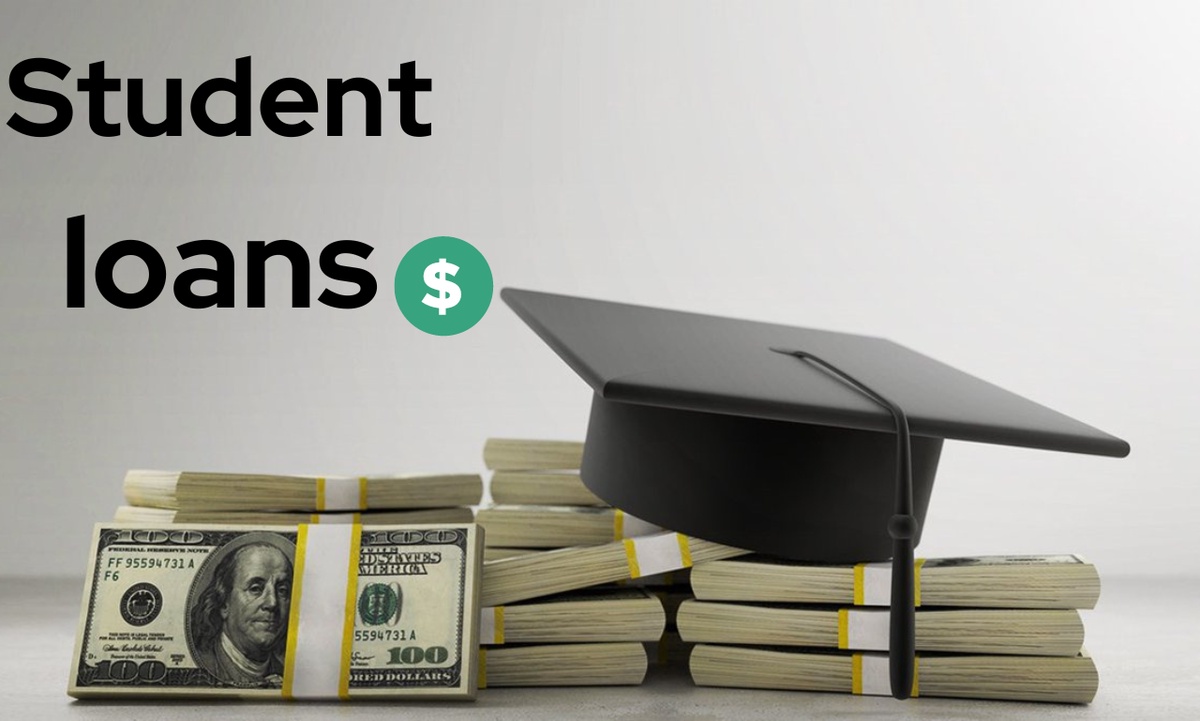Obtaining a higher education is often seen as a gateway to better career prospects and personal growth. However, for many students, the pursuit of education comes with a significant financial burden in the form of student loans. In this article, we will delve into the world of student loans, exploring their impact on students, graduates, and the larger society. We will examine the reasons behind the rising student loan debt, the challenges it poses, and potential solutions for navigating this complex issue.
- Rising Student Loan Debt :
Student loan debt has been on the rise globally, reaching staggering levels in many countries. Factors contributing to this trend include the increasing cost of tuition, limited access to scholarships and grants, and the growing demand for higher education. As a result, students often resort to taking out loans to finance their education, burdening them with significant financial obligations upon graduation.
- Challenges Faced by Borrowers:
Student loans can present numerous challenges for borrowers. The burden of repayment may lead to financial stress, delaying major life milestones such as buying a home, starting a family, or pursuing further education. High-interest rates can exacerbate the problem, making it difficult for borrowers to make timely payments and increasing the total amount owed over time. Additionally, student loan debt is often accompanied by limited flexibility, as it cannot be easily discharged through bankruptcy.
- Societal Impact :
The impact of student loans extends beyond individual borrowers. The collective burden of student loan debt can negatively affect the economy as a whole. Graduates with significant debt may be less likely to start their own businesses or invest in the economy, limiting innovation and entrepreneurship. The financial strain can also lead to a decrease in consumer spending, potentially affecting various sectors. Furthermore, student loan debt can contribute to socioeconomic disparities, as those from lower-income backgrounds may face more significant challenges in repaying their loans.
- Addressing the Issue:
Efforts are being made to address the student loan crisis. Policy discussions focus on making higher education more affordable, increasing financial aid opportunities, and implementing income-driven repayment plans. Governments and institutions are exploring alternatives such as free tuition programs and refinancing options. Financial literacy and counseling initiatives aim to educate students on managing their finances and making informed decisions about loans.
Conclusion
Student loans have become an integral part of the higher education landscape, enabling students to pursue their academic goals but often at a high cost. The rising student loan debt presents challenges for borrowers and has broader implications for society. Addressing this issue requires a multifaceted approach, including policy reforms, increased financial support, and improved financial literacy. By alleviating the burden of student loans, we can create a more equitable education system and empower students to pursue their dreams without being stifled by overwhelming debt.


No comments yet